Search Results
Showing results 161 to 180 of 241
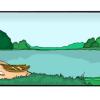
Rock Bottoms
Source Institutions
Learners add acid rain (nitric acid) to two cups that represent lakes. One cup contains limestone gravel and the other contains granite gravel.
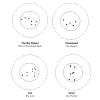
Constellation Scope
Source Institutions
In this activity, young learners explore the basic shapes of constellations by making their own scope out of a cardboard tube and paper with pinpricks.
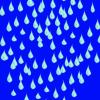
Go with the Flow
Source Institutions
Learners draw comic-style pictures to show the water cycle. From a starting picture, one learner draws what happens to the water in the next panel, then passes the comic strip to another learner.
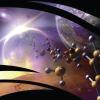
Are Microbes Alive?
Source Institutions
In this activity (on pages 19-21 of the PDF) learners observe mold growing on potatoes. Preparation for this activity has to start a week before, to allow time for the mold to grow on the potatoes.
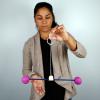
Exploring the Universe: Objects in Motion
Source Institutions
"Exploring the Universe: Objects in Motion" encourages participants to explore the complex but predictable ways objects in the universe interact with each other.
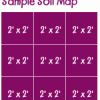
Creating a Soil Map
Source Institutions
In this activity, learners investigate soil conditions by creating a soil map. Learners record soil characteristics and compare the conditions of soil in different grid sections.
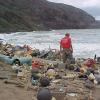
I Am/Who Has: A Litter Matching Game
Source Institutions
In this game, learners match descriptions of marine debris (shoes, batteries, paper towels, etc.) to images of these items.
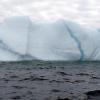
Melting Ice
Source Institutions
In this activity, learners explore density, convection, stratification, and, by inference, the melting of icebergs. Learners make hypotheses, test their hypotheses, and explain their observations.
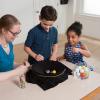
Exploring the Universe: Orbiting Objects
Source Institutions
“Exploring the Universe: Orbiting Objects” is a hands-on activity that invites visitors to experiment with different sized and weighted balls on a stretchy fabric gravity well.
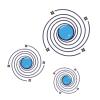
Expanding Balloon Universe
Source Institutions
In this activity, learners will discover how our universe is continuously expanding.
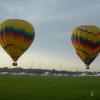
Convection Demonstration
Source Institutions
In this quick activity (located on page 2 of the PDF under GPS: Balloon Fiesta Activity), learners will see the effects of convection and understand what makes hot air balloons rise.
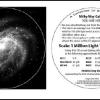
A Universe of Galaxies: How is the Universe Structured?
Source Institutions
This fun hands-on astronomy activity lets learners explore models of the Milky Way and other galaxies to get a sense of relative distances to other galaxies.
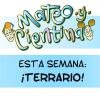
¡Terrario!
Source Institutions
En esta actividad, los aprendices harán un terrario usando materiales simples.
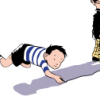
Shadow Play
Source Institutions
In this three part activity, learners explore and experiment with shadows to learn about the Sun's relative motion in the sky.
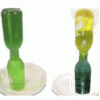
Inverted Bottles
Source Institutions
In this activity, learners investigate convection by using food coloring and water of different temperatures.
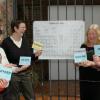
A Universe Without Supernovae
Source Institutions
This fun and simple hands-on astronomy activity illustrates the value of supernovae in the universe.
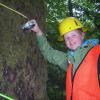
Tree Trunk Diameter to Branch Height Relationship
Source Institutions
In this activity (located on page 2 of the PDF under GPS: Temperate Rain Forest Activity), learners will identify a group of deciduous trees to study.
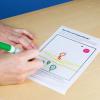
Exploring the Universe: Imagining Life
Source Institutions
“Exploring the Universe: Imagining Life” is a hands-on activity in which visitors imagine and draw an extreme environment beyond Earth, then invent a living thing that could thrive in it.

Using Different Models of Earth
Source Institutions
In this activity, learners explore how the shapes, sizes, and distances of land masses appear differently on two different models of Earth: an icosahedron and a flat map.
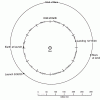
Getting There!: Navigation and Trajectory
Source Institutions
In this two-part activity, learners map a navigation plan to get from Earth to Mars and back. In activity one, learners represent the orbital paths of Earth through dance and dramatic movement.
